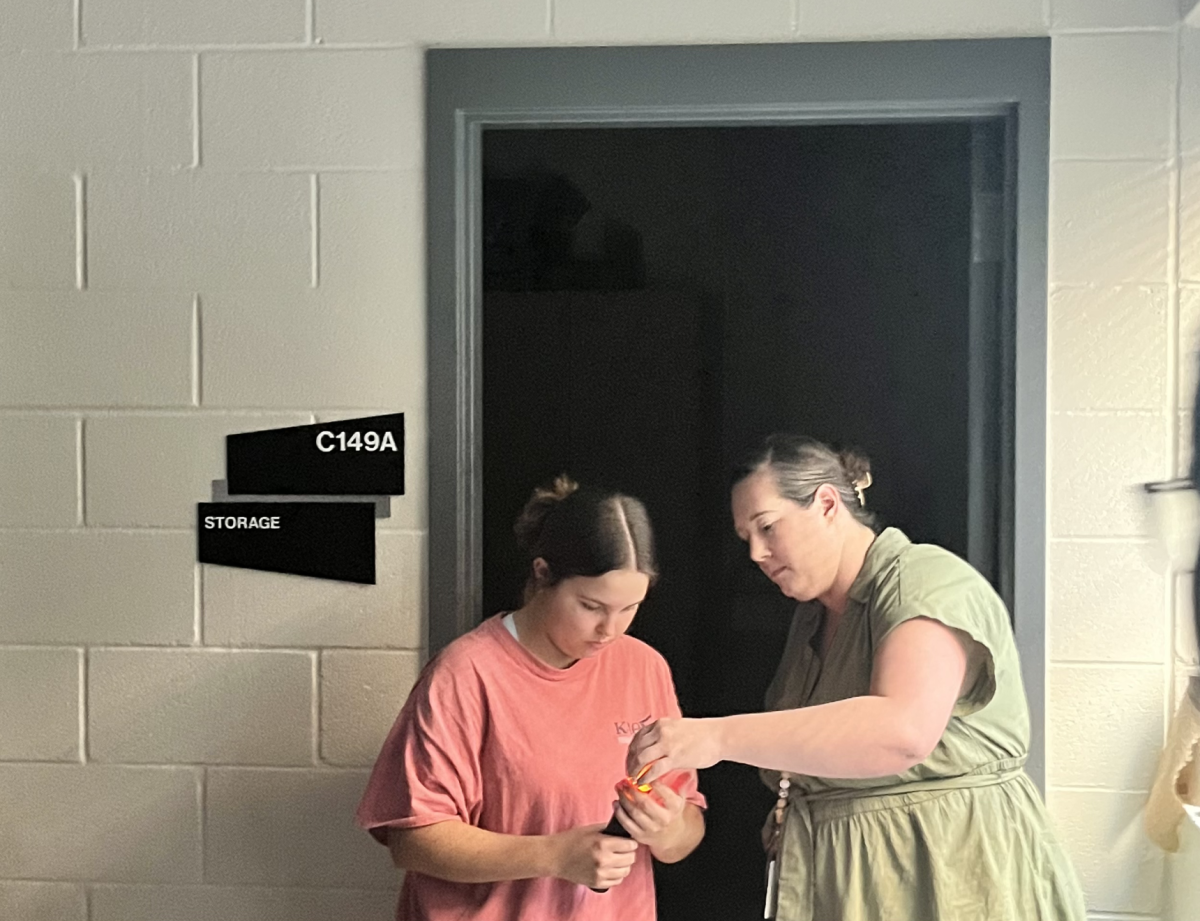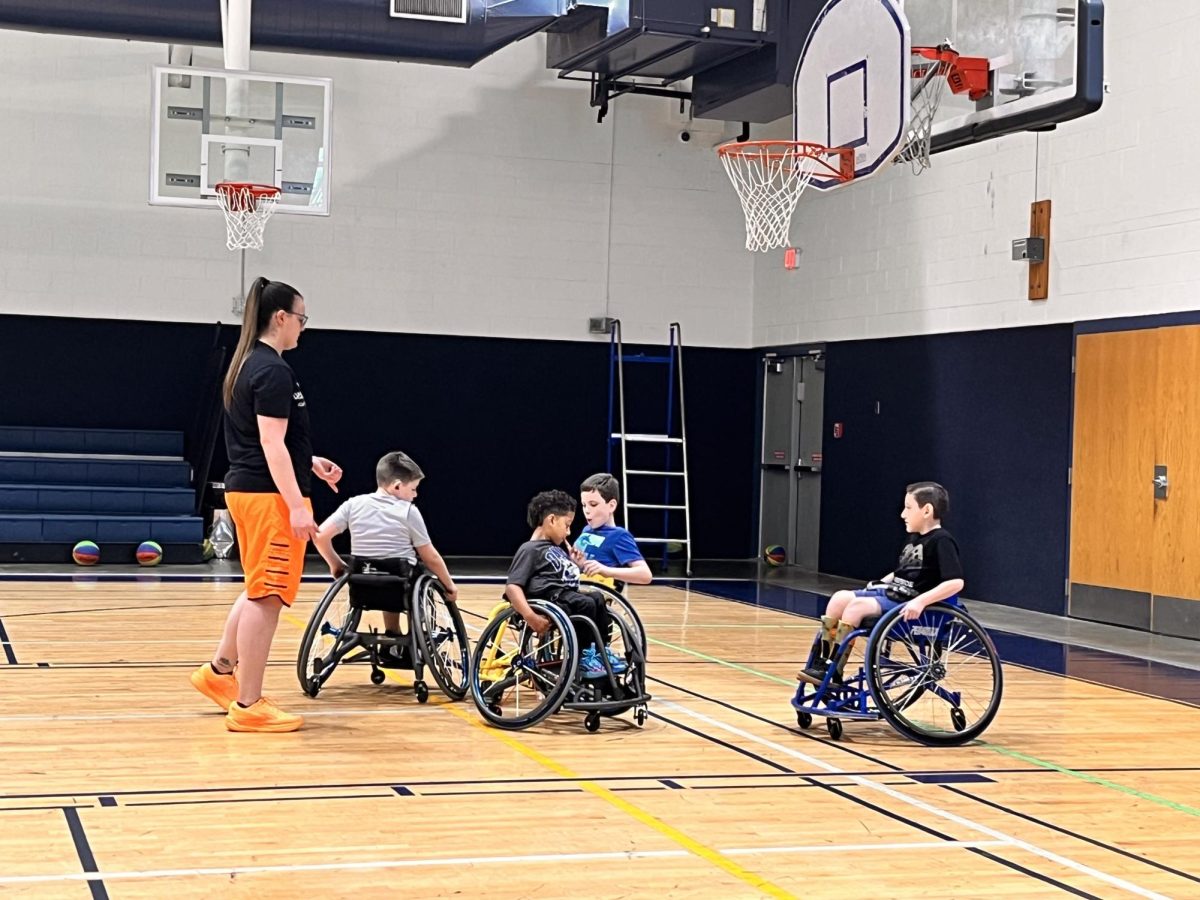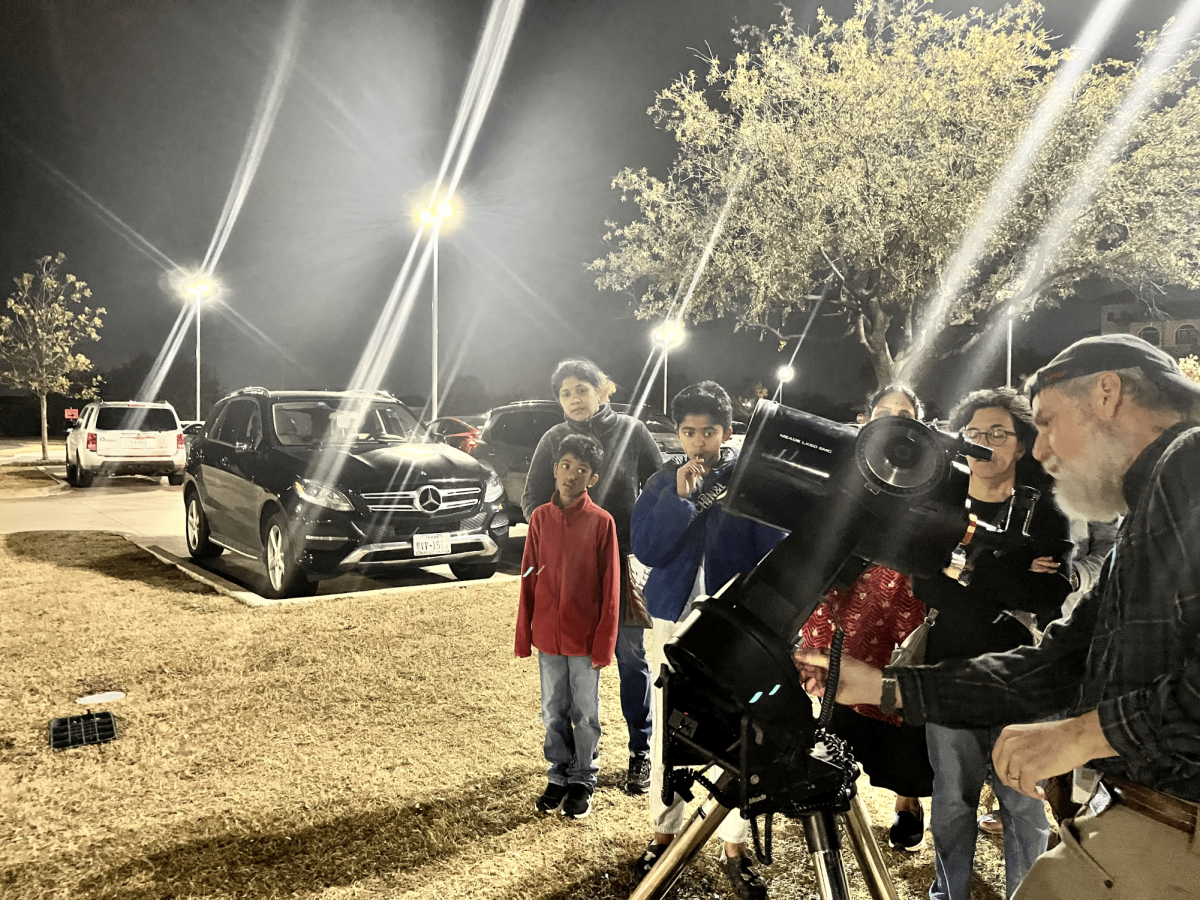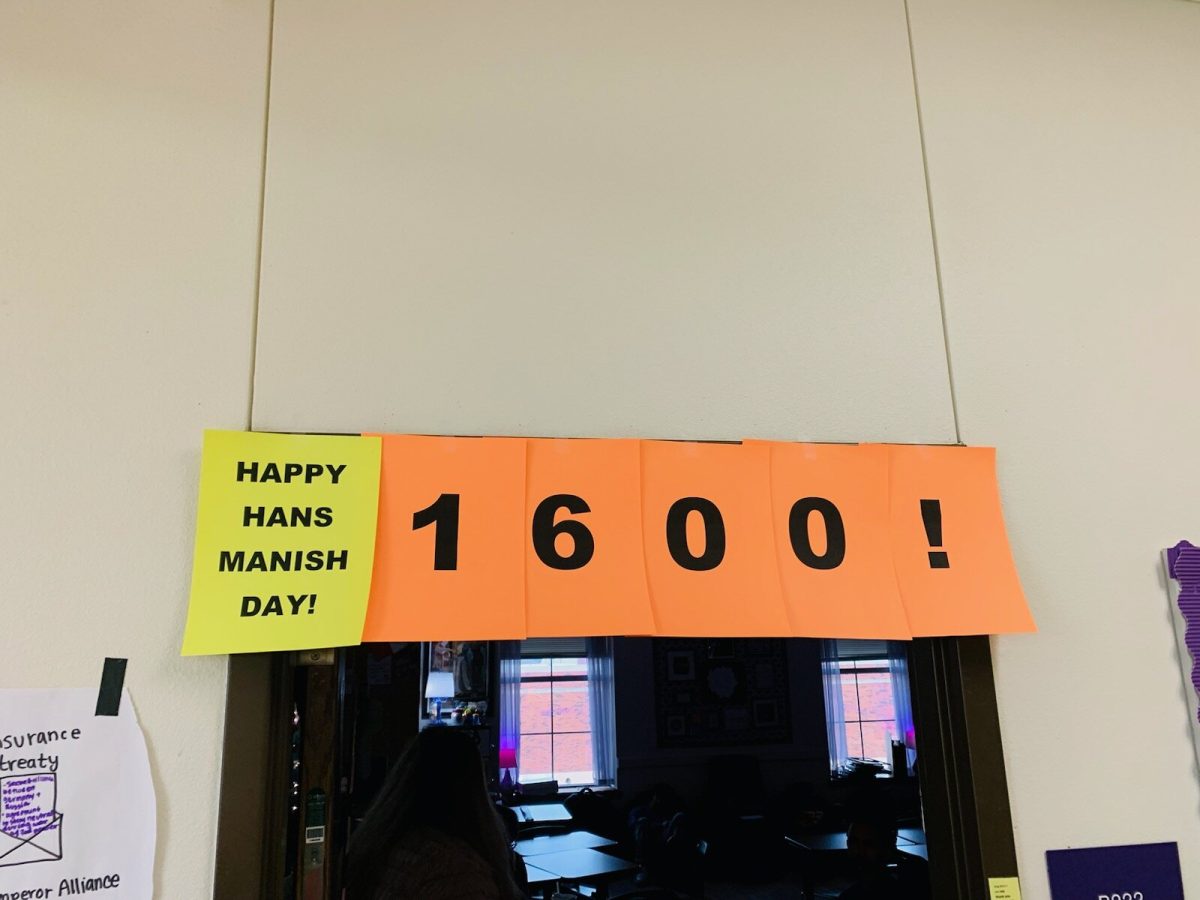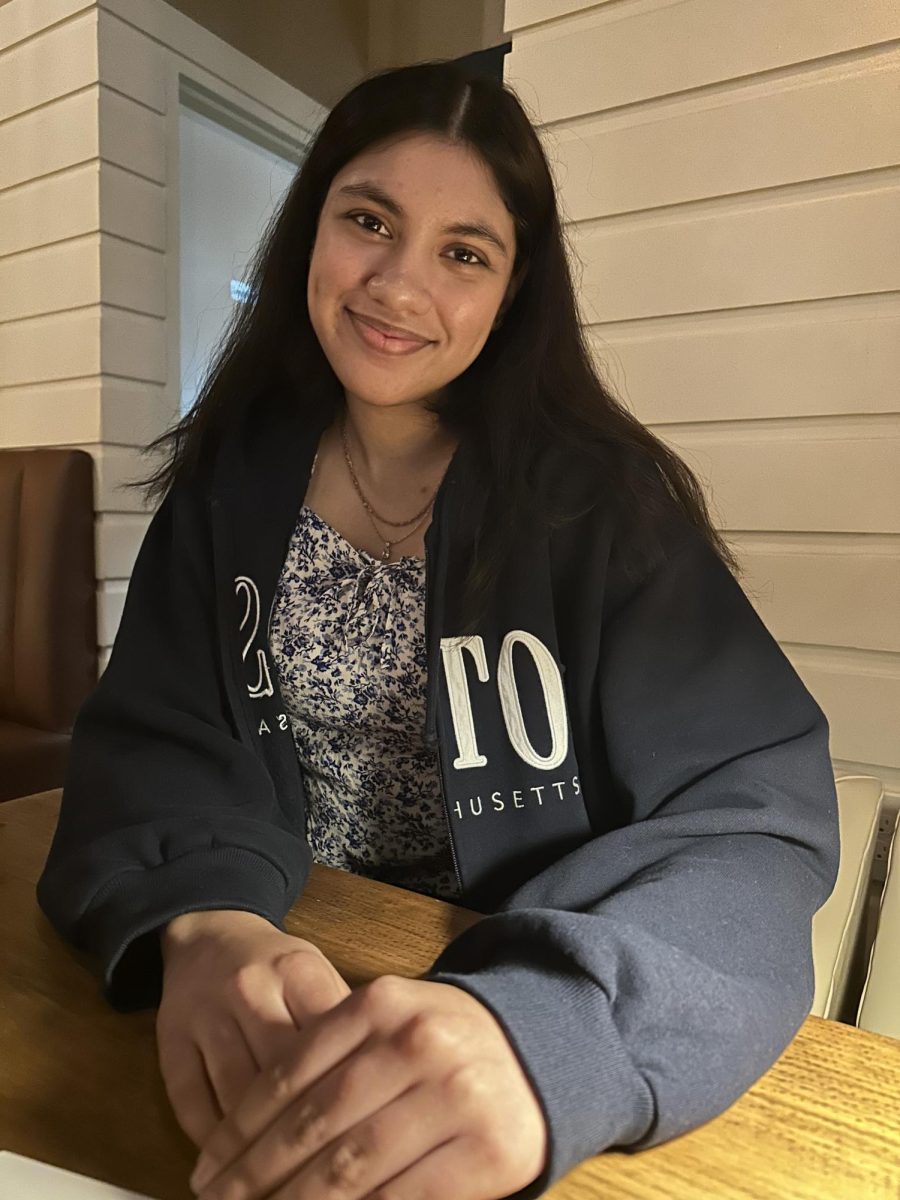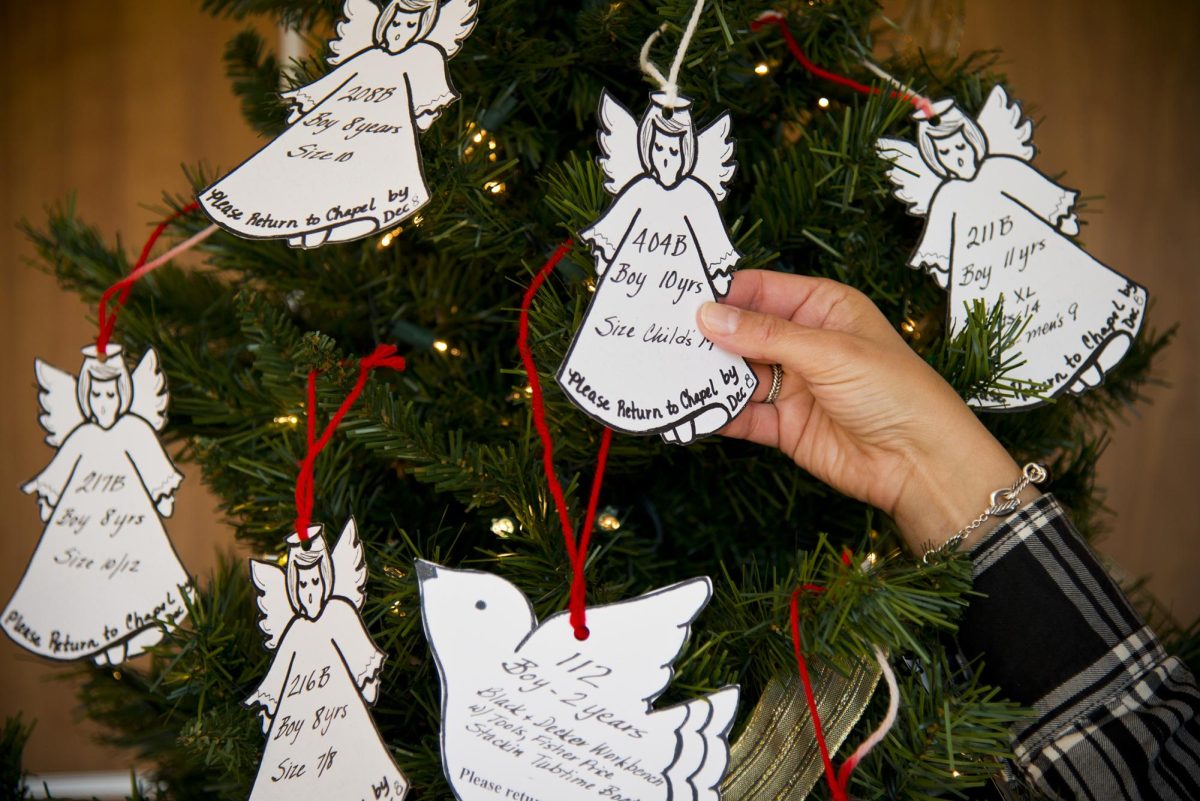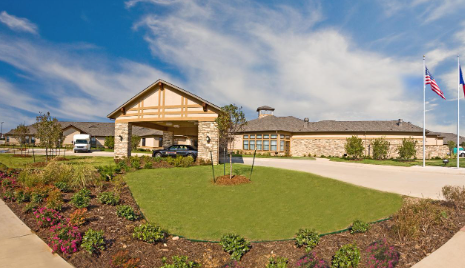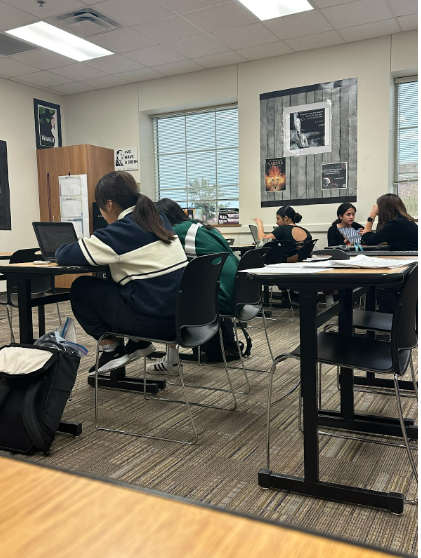The classroom lights dim. Freshly-hatched chicks chirp softly from the corner of the room. Students carefully take eggs from an incubator and hold them up to a flashlight to check for signs of life.
These are the sights and sounds you can expect to find at FISD’s Career and Technical Education (CTE) Center’s Animal Science class.
The course, taught by Lauren Dye, is one of the center’s over 25 pathways dedicated to preparing students to enter a field of their choice, by incorporating various theoretical and practical skills.
“I love to teach these classes,” said Dye, who leads the Veterinary Medicine, Horticulture, and Landscape Design courses in the building. “It’s something that [my students] enjoy doing. A lot of them want to have a career in this particular field, [so] they took this class in hopes to gain more preparation. These are classes that kids sign up for– it’s not something that they [are required] to take.”
The center’s curriculum is centered around hands-on learning, by emphasizing the ‘real-world’ application of the content throughout each pathway. These skills, as outlined by the FISD website, range from collaborating with peers to embracing challenges.
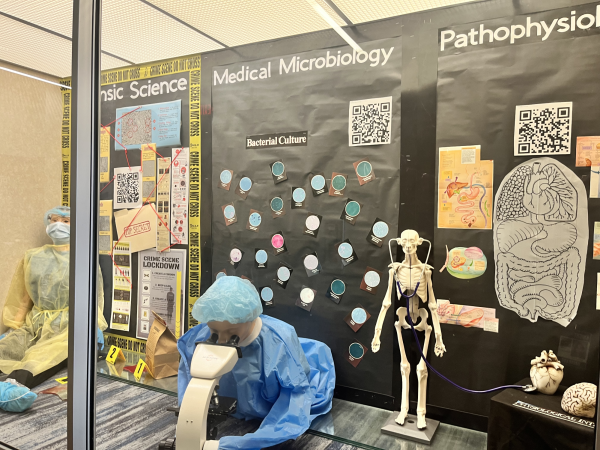
“Taking these classes has made me more resilient,” said Annette Thomas, a senior at Reedy High School. “[For some pathways], it’s something you’ve worked for all three years [of high school]. It’s more hands-on [compared to] a typical course in your high school, where people might take something [just because] their counselors assign them to.”
Aside from technical skills, students also gain real-world experience.
As part of their year-long project, Video Game Programming II students work as a class to design, develop, and produce a custom video game. Throughout the programming process, they split into teams that focus on the different aspects of the game, such as the story, mechanics, or character models. To ensure efficient communication, they conduct ‘stand-up’ meetings every class, where they share their team’s status on the project.
“I’m naturally an introvert, but this class has forced me to step up and interact with more people,” said Panther Creek senior Thomas Towson, the project’s scrum master who manages collaboration between teams. “That’s one of the big impacts it has had on me– bringing me out of my shell. I’m also learning a lot about game design, and how the industry handles the development process.”
Teachers hope that the center’s pathways will impact their students, regardless of the field they eventually enter.
“A lot of students discover they have a passion,” said Bryan Baker, who teaches the second and third courses in the video game pathway. “[They] have a wide variety of interests, and they get a feel for [them through this course]. They’re not all going to go into video game [design], but the vast majority will go into development in some way, shape or form.”
For Architecture III student and Wakeland junior Junny Lee, the center’s courses allow her to blend her passion for art and architecture.
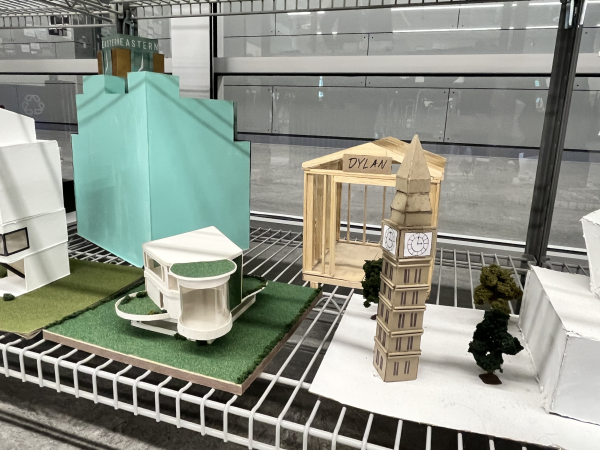
I’ve been interested in doing architecture for a really long time,” Lee said. “I’ve also been trying to branch out my creativity, because I also do art as well. This [course] really helped me to [transfer] my skills. We just finished a four-month project, [designing a] fire station, and were able to present it to architects and [receive] feedback. This has really helped me broaden my [knowledge].”
Teachers appreciate seeing the long-term value of the center’s programs for students.
“I hope that they take away the enjoyment of this class– not necessarily [just] what they learned,” Dye said. “I know because I was once a high school student– I don’t recall every single thing that my teachers taught me, but I [look back on] key moments. I remember being appreciated and valued as a student. That’s what I ultimately want them to feel.”

